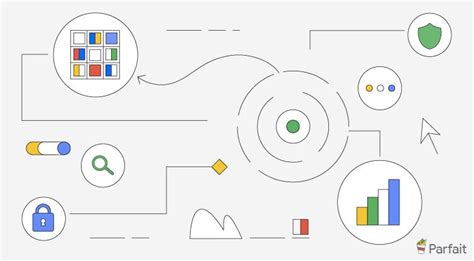AI and Privacy: A Double-Edged Sword in Encryption
The growing use of artificial intelligence (AI) in cryptocurrencies has led to the proliferation of blockchain technology. However, as cryptocurrencies become more popular, there is growing concern about how they are protected from hackers and other malicious actors.
On the one hand, AI-based tools are being used to improve security measures for cryptocurrency exchanges, wallets, and transactions. For example, AI-driven intrusion detection systems can analyze patterns of user behavior to identify potential threats before they cause damage.
Benefits of AI-based security
AI has proven to be very effective in detecting and preventing cyberattacks, including those related to cryptocurrencies. Benefits of using AI-powered security tools include:
- Higher accuracy: AI algorithms can analyze large amounts of data faster than humans, making them ideal for identifying patterns and anomalies that indicate threats.
- Enhanced situational awareness: By analyzing user behavior and transaction patterns, AI-powered systems can provide valuable insights into potential threats and help prevent attacks.
- Reduced false positives: AI algorithms can analyze large data sets with high accuracy, reducing the number of false positives generated by other security measures.
Privacy challenges
Despite the benefits of AI-powered security tools, protecting cryptocurrency transactions also comes with challenges. Some of these challenges include:
- Data encryption: With so much sensitive data being transmitted and stored online, ensuring proper encryption can be a challenge.
- Decentralized Nature of Blockchain: The decentralized nature of blockchain technology means there is no single point of failure, making it difficult to identify and respond to security threats.
- Regulatory Uncertainty

: As the cryptocurrency market continues to grow, regulators are still working out how to approach cryptocurrency privacy.
The Future of Privacy
With the widespread use of AI-powered security tools, we can expect significant advances in privacy. Some of the potential developments include:
- Improved Encryption: The advancement of blockchain technology and the use of quantum-resistant cryptography could make it easier to encrypt sensitive data.
- Better Understanding of User Behavior: As AI algorithms become more capable of analyzing user behavior, there is a growing need for robust security measures that can detect and prevent malicious activity.
- Regulatory Clarity: Governments will likely continue to grapple with the issue of crypto privacy. A clear regulatory framework will be key to ensuring that users have confidence in their cryptocurrency transactions.
Conclusion
The use of AI-powered tools is changing the landscape of cryptocurrency security, bringing significant benefits to both users and exchanges. However, the decentralized nature of blockchain technology also presents challenges when it comes to protecting sensitive data. As the market continues to grow, it is essential that privacy and regulatory clarity are prioritized to ensure that cryptocurrencies remain a safe and reliable way to transact.
Recommendations
To mitigate the risks associated with security tools for AI-powered cryptocurrencies, we recommend the following:
- Invest in robust encryption: Ensure sensitive data is properly encrypted with quantum-resistant encryption.
- Implement strong security measures: Regularly update software and hardware, monitor user activity, and implement multi-factor authentication to prevent phishing attacks.
